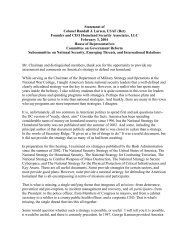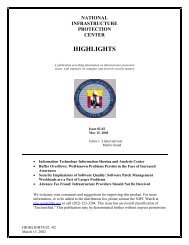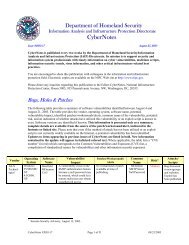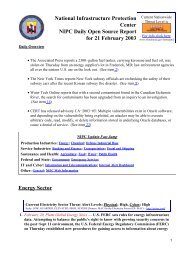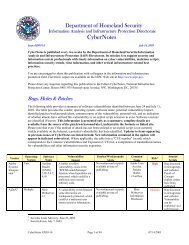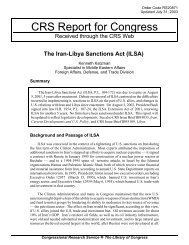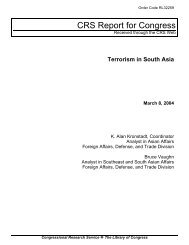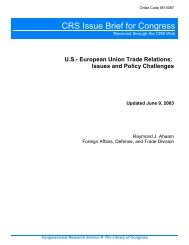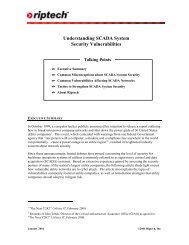beyond pt 0 23/1
beyond pt 0 23/1
beyond pt 0 23/1
You also want an ePaper? Increase the reach of your titles
YUMPU automatically turns print PDFs into web optimized ePapers that Google loves.
As could be expected, if Australia lags the rest of the world it will obtain<br />
less benefit. The simulation results indicate a long-run deviation in<br />
consum<strong>pt</strong>ion in the lag simulation is about 0.3 percentage points below<br />
that in the central case simulation. Looking at what would happen if<br />
Australia were among the leaders, the long-run deviation in consum<strong>pt</strong>ion<br />
is about 0.6 percentage points above that in the standard simulation.<br />
The value of gaining extra market share by leading is about 13.9 per cent<br />
of a year’s consum<strong>pt</strong>ion. On the other hand, the consum<strong>pt</strong>ion cost of<br />
lagging is about 6.6 per cent of a year ’s consum<strong>pt</strong>ion.<br />
Clearly there are compelling economic reasons to seek to ensure that<br />
Australia does not lag other economies in the implementation of<br />
e-commerce. The benefits of shifting into a leading position are relatively<br />
large and would be worth investing considerable resources in seeking to<br />
obtain that outcome in as many e-commerce fields as practicable.<br />
5.3 Some unanswered questions<br />
A question that has not been addressed in this analysis includes what<br />
would happen if there was a differential rate of ado<strong>pt</strong>ion of e-commerce<br />
in the rest of the world. Would Australia’s prospects as a leader or laggard<br />
change if there was greater information about the relative performance of<br />
the US, Europe, Japan and other economies in the Asia-Pacific region?<br />
39



